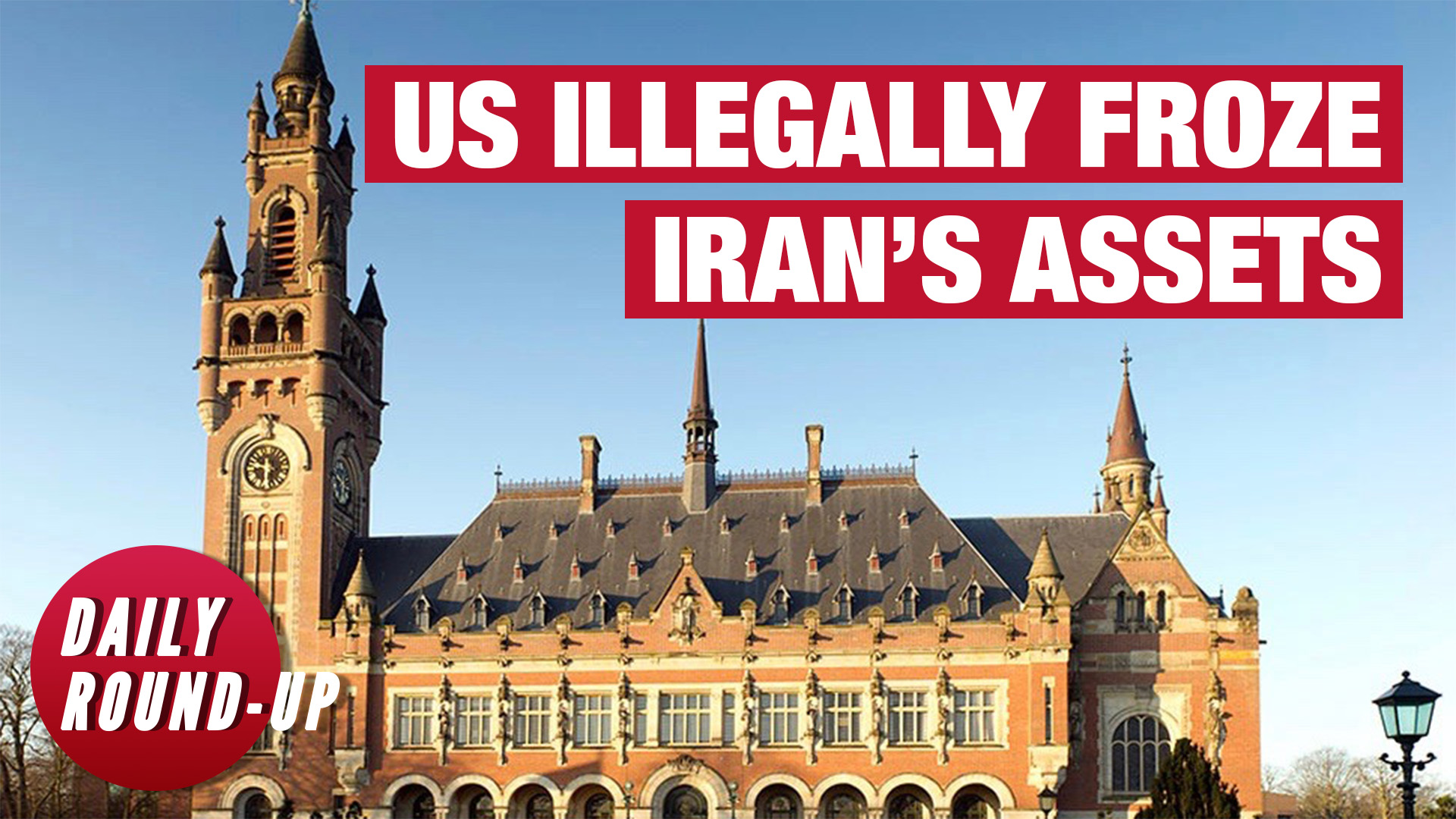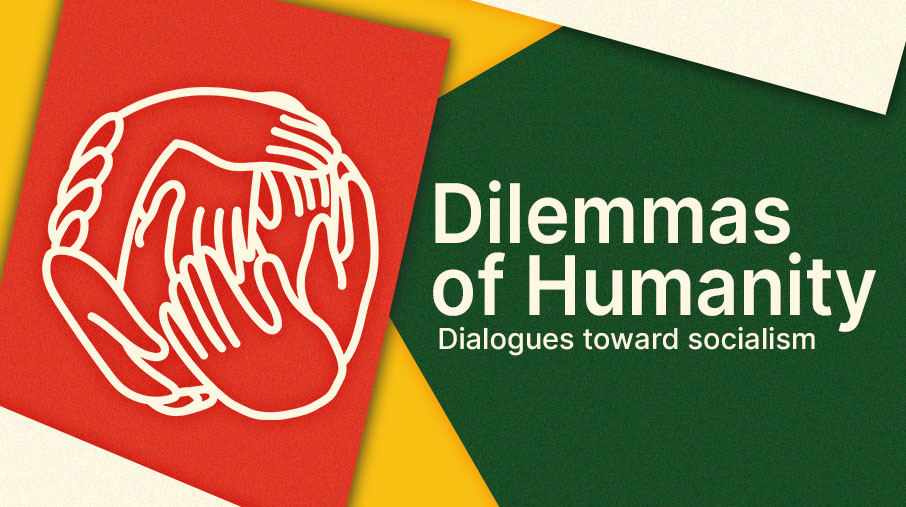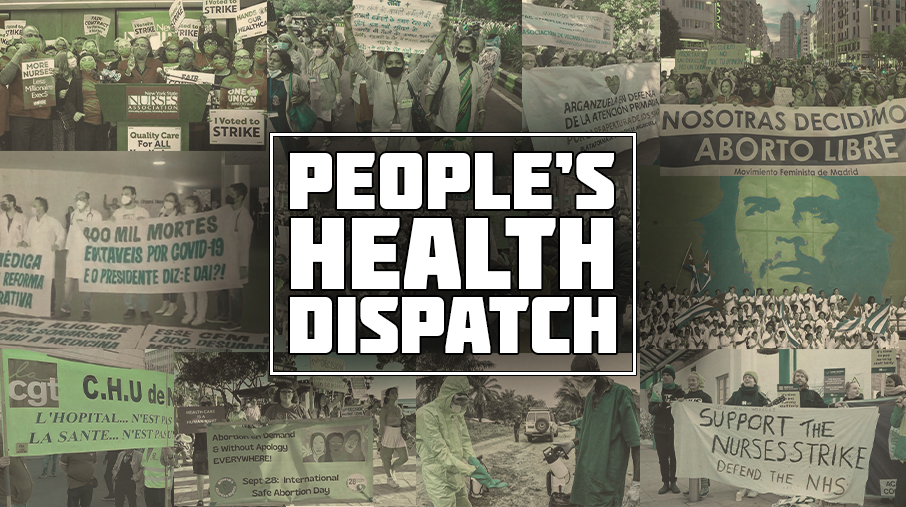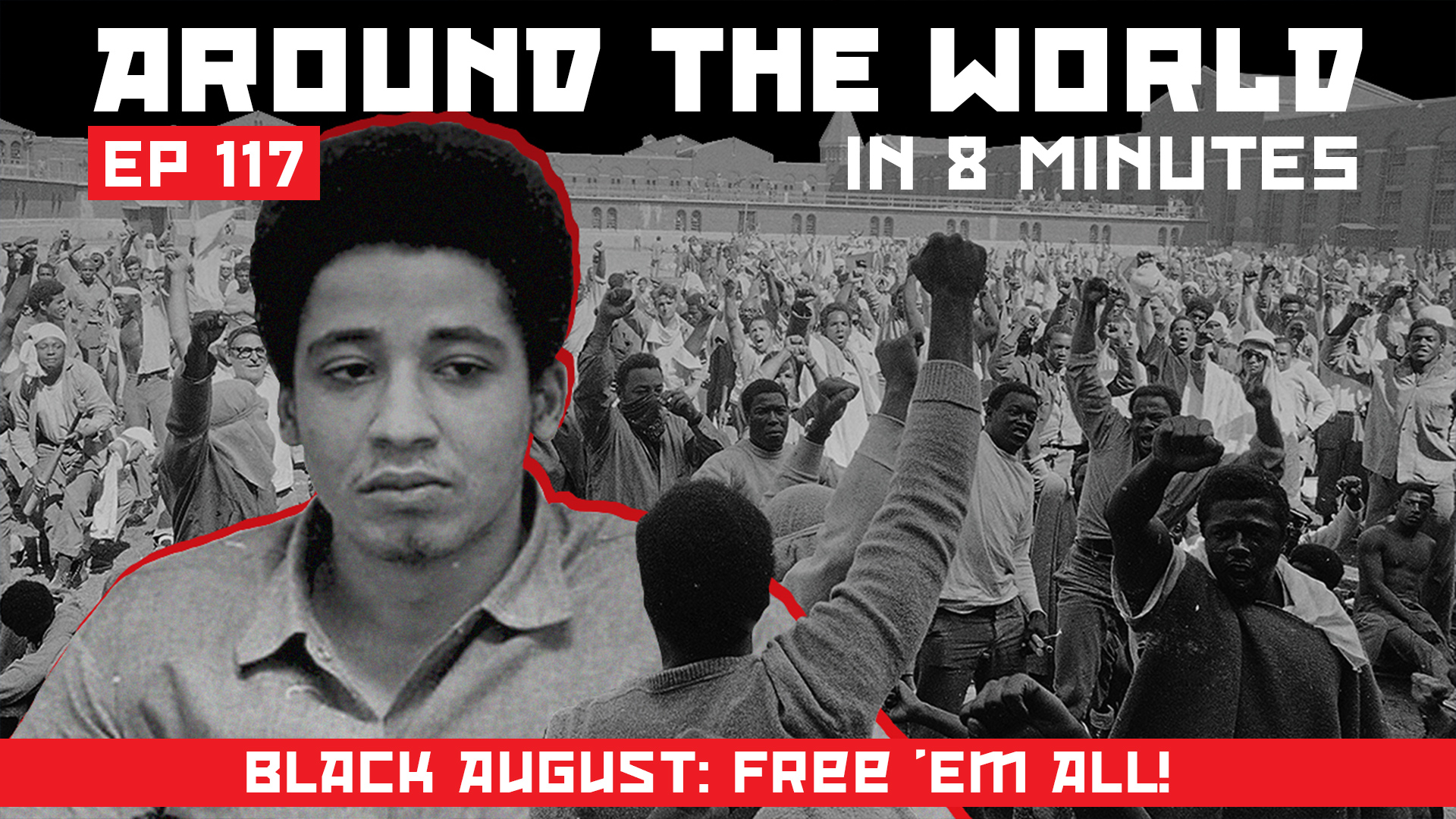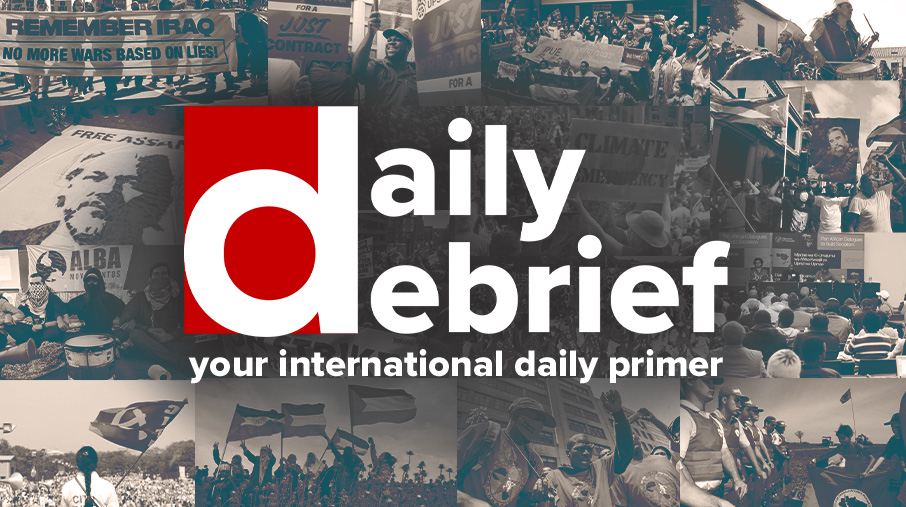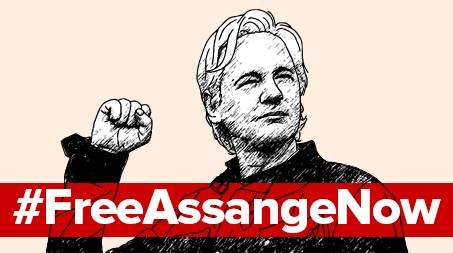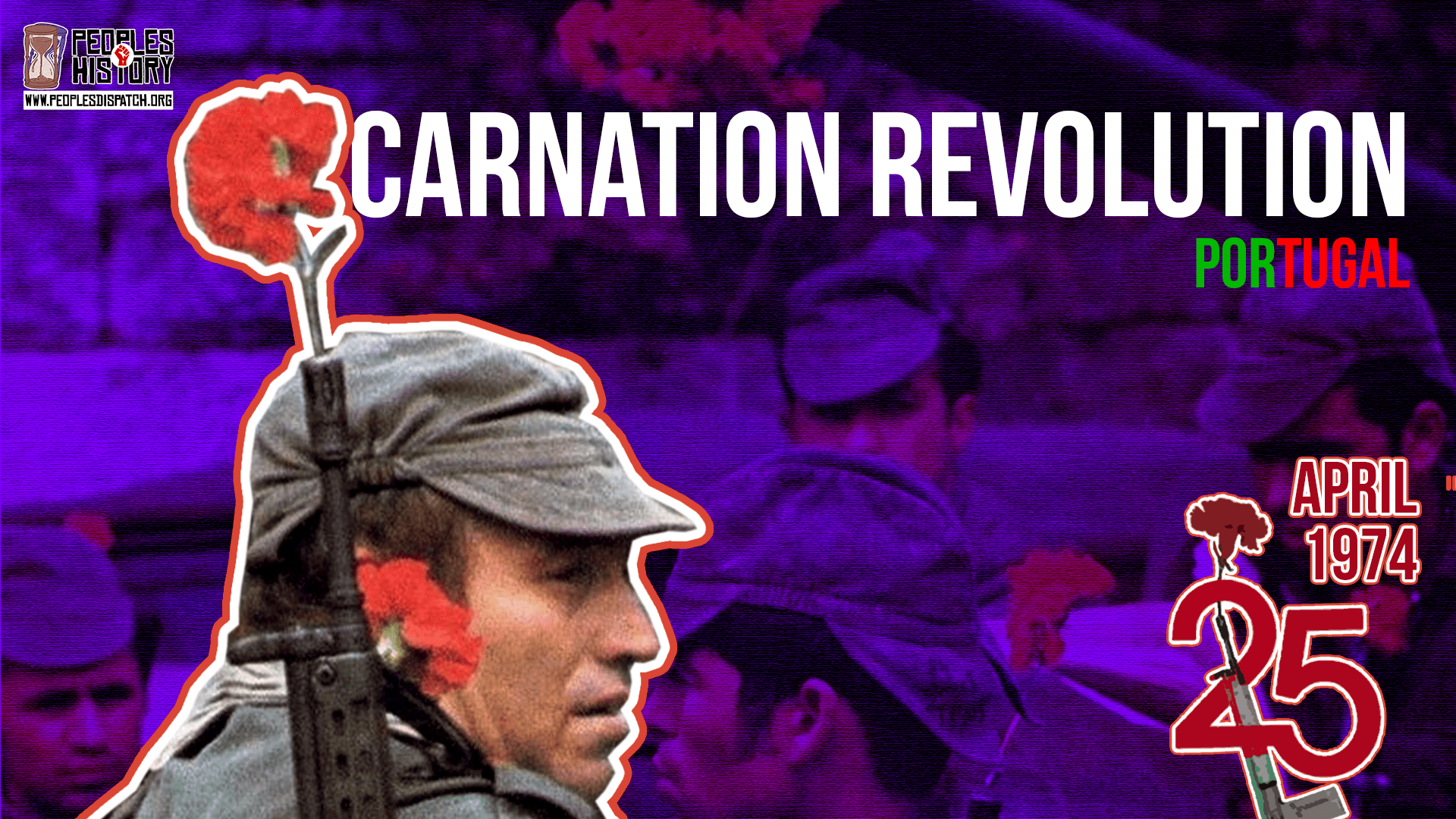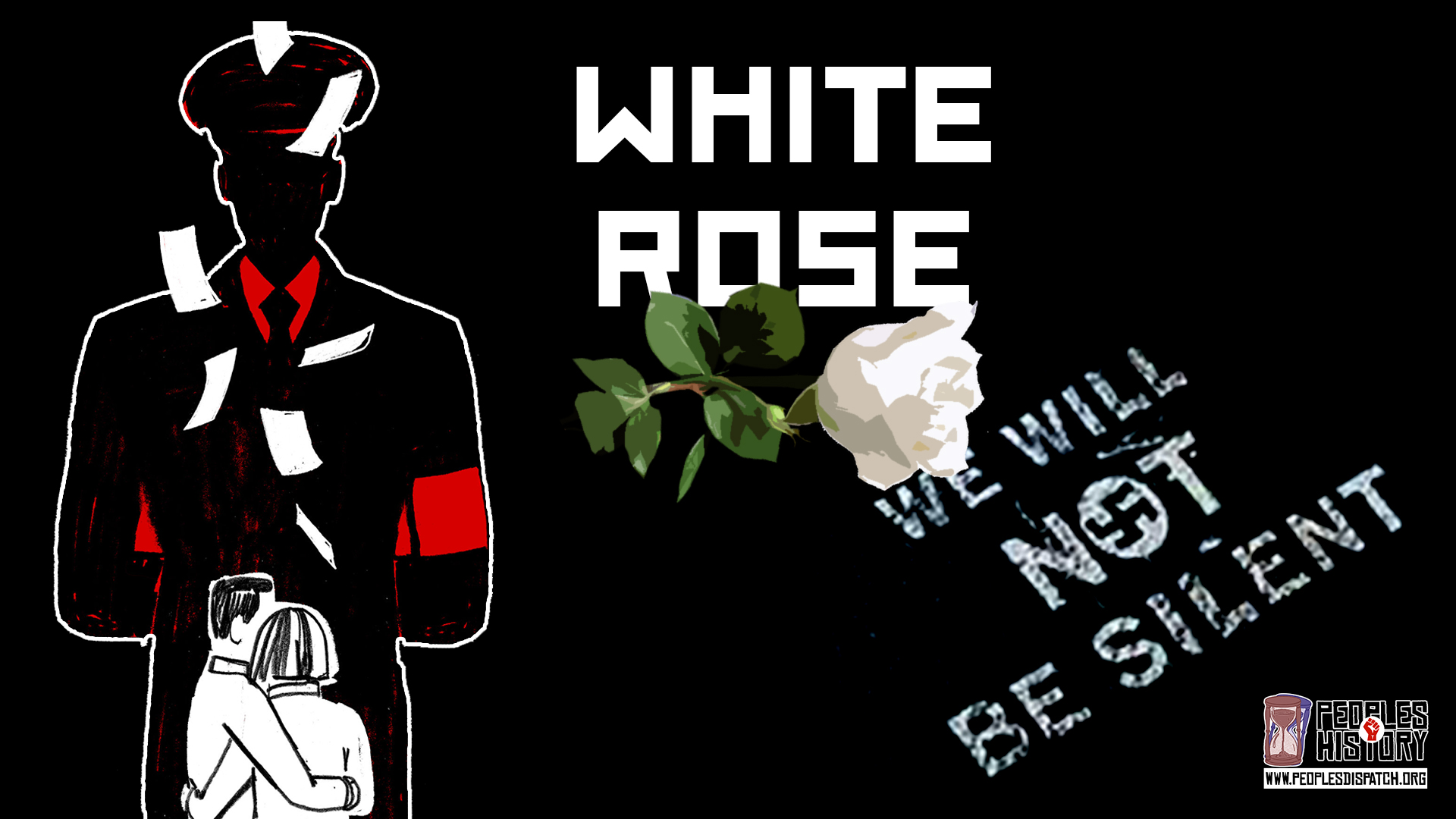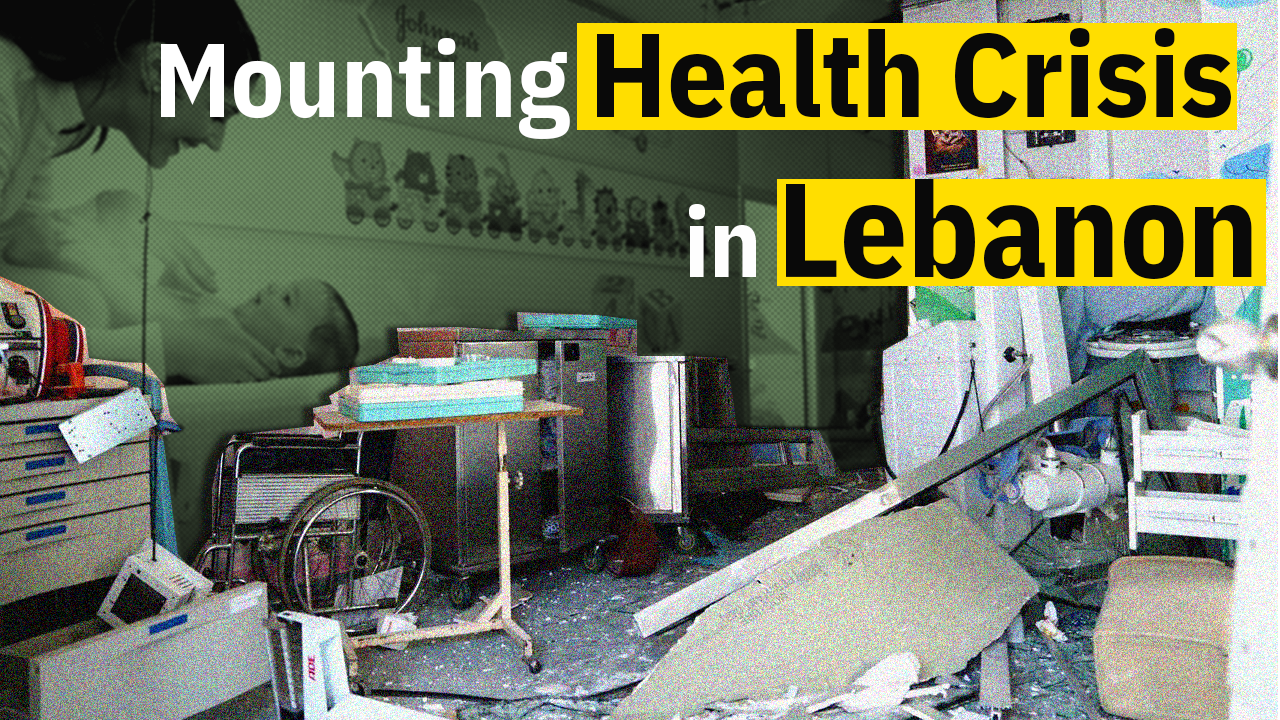 Lebanon’s political and economic crisis hits health sector
Lebanon’s political and economic crisis hits health sector
Lebanese public health experts Aline Germani and Samer Jabbour discuss the impact of the political and economic crisis in the country, and the implications for the health sector. They also talk about the expectations from the new government
 Lebanon’s crisis hits healthcare
Lebanon’s crisis hits healthcare
As Lebanon’s social and political crisis persists, health care is becoming increasingly inaccessible for most people. Many medicines remain unavailable and public health facilities face a surge of patients while trying to cope with power reductions
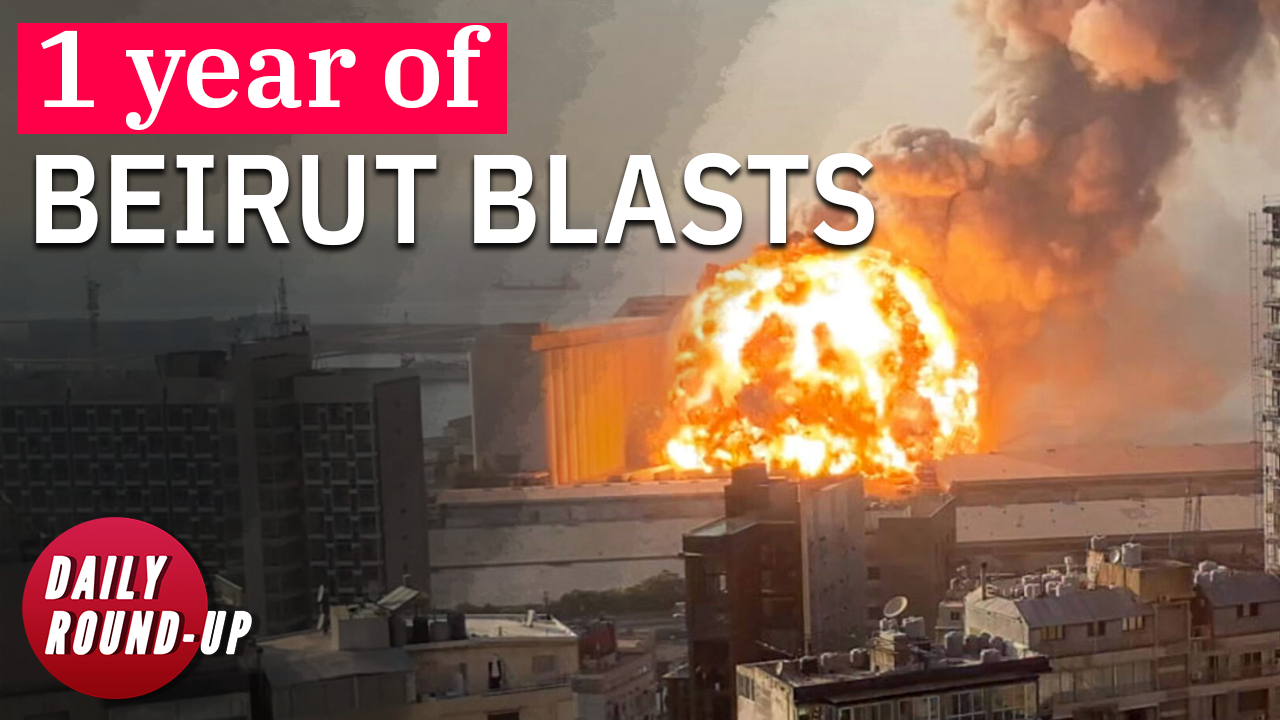 Thousands demand justice as Lebanon marks 1 year since Beirut Blast and other stories
Thousands demand justice as Lebanon marks 1 year since Beirut Blast and other stories
We look at protests organized one year since the blasts in Beirut, Lebanon, teachers on a hunger strike in Ecuador & actions in the US
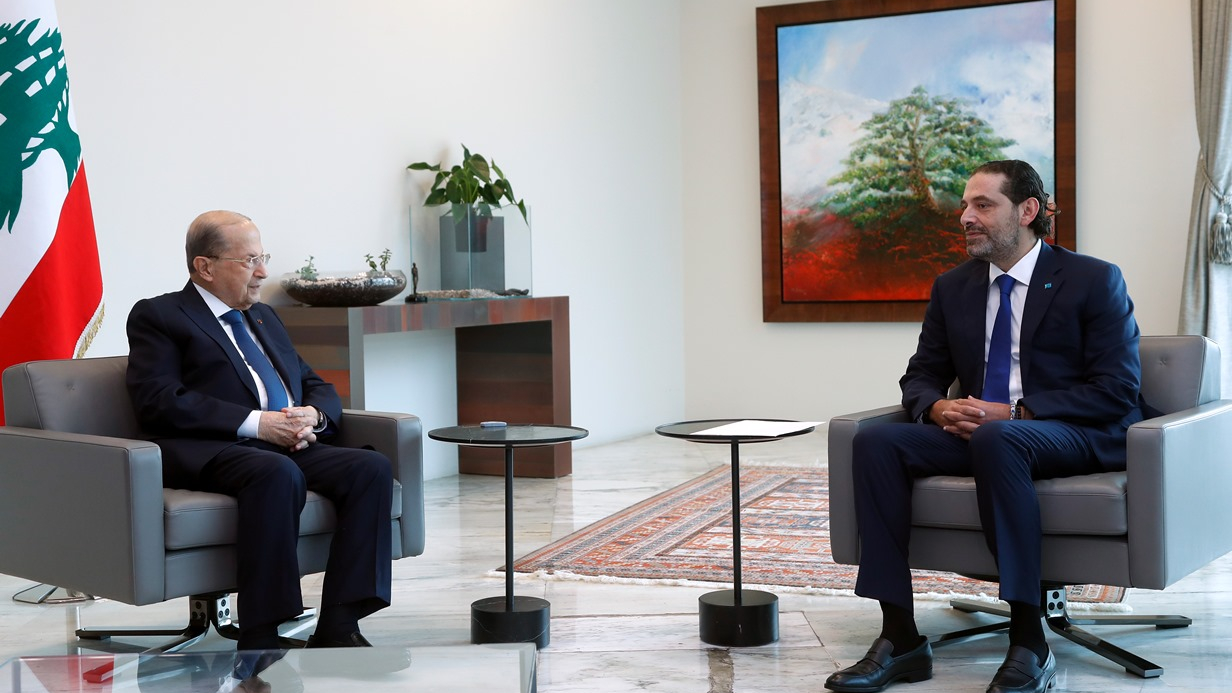 Lebanon’s prime minister designate Saad Hariri resigns after failing to form a government
Lebanon’s prime minister designate Saad Hariri resigns after failing to form a government
Lebanon is being run by a caretaker government since August last year when, following the Beirut blasts, prime minister Hasan Diab resigned from his post after only seven months in power
 Thousands protest lack of economic aid amid strict COVID-19 lockdown in Lebanon
Thousands protest lack of economic aid amid strict COVID-19 lockdown in Lebanon
At least one person has died after security forces opened fire injuring several of the protesters who were demanding an end to the lockdown and adequate economic support from the government in Tripoli, the second largest city in Lebanon
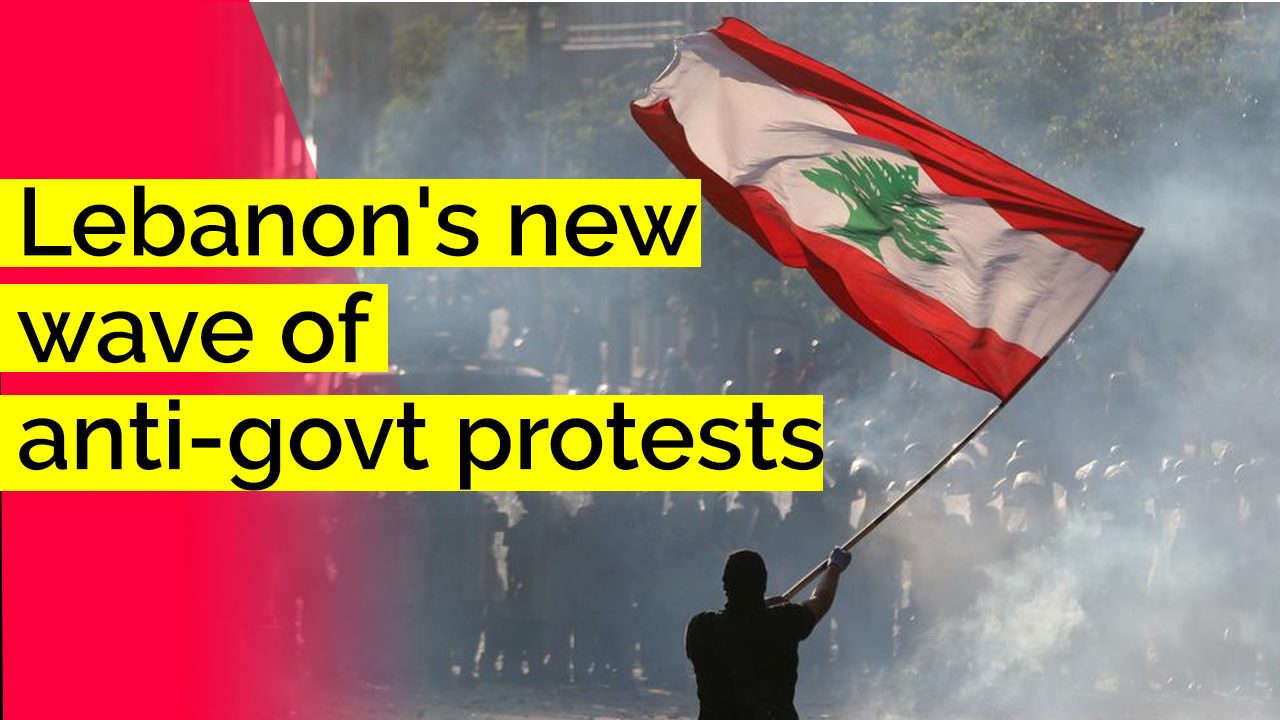 Lebanon struggles to rebuild after Beirut blasts
Lebanon struggles to rebuild after Beirut blasts
Lebanon has a new prime minister in Mustapha Adib but to many, he is part of the same corrupt and inefficient old leadership that created the crisis in the country
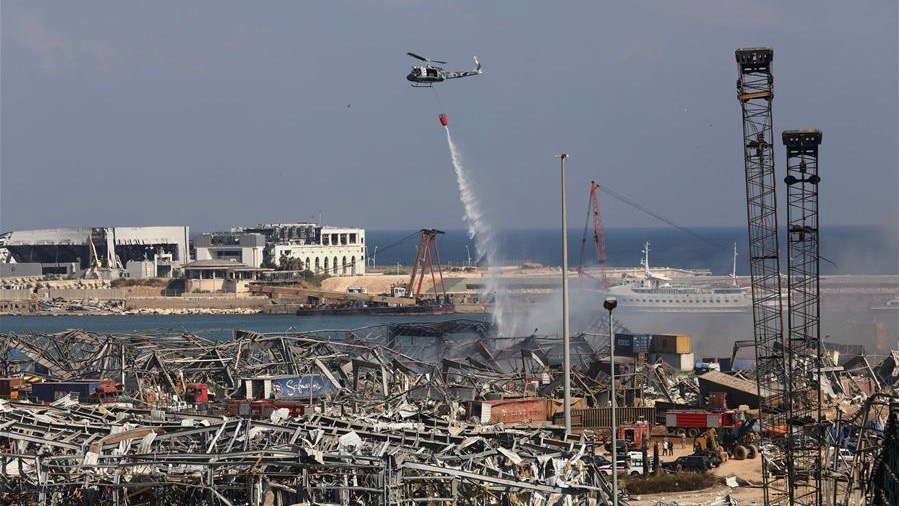 Beirut blasts intensify economic and political crisis in Lebanon
Beirut blasts intensify economic and political crisis in Lebanon
Decades of neoliberal policies have made Lebanon among the most unequal societies in the world, and social and economic discontent is expected to grow following the blasts
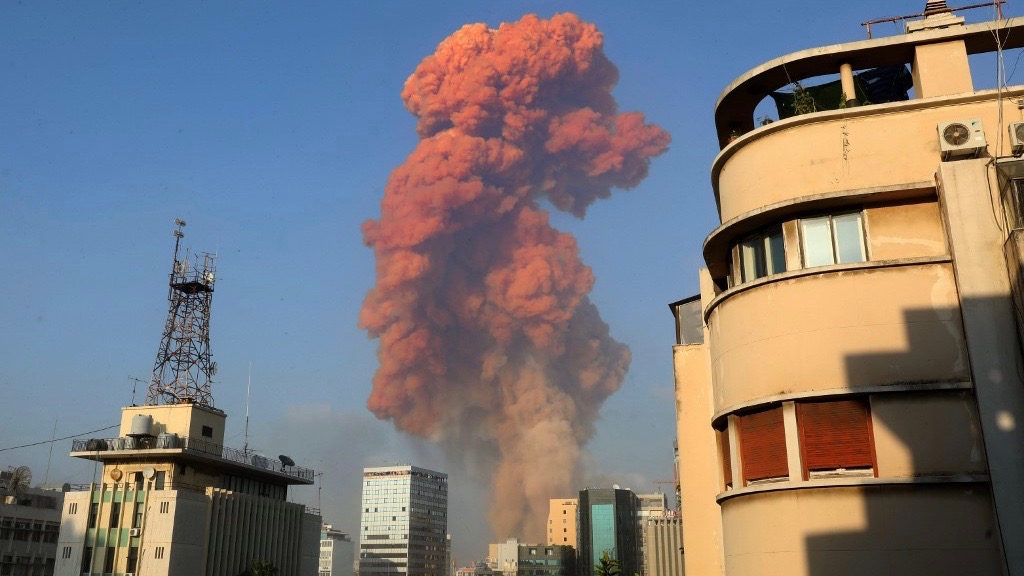 Over 100 dead and thousands injured in a powerful blasts in Beirut
Over 100 dead and thousands injured in a powerful blasts in Beirut
The Lebanese government is discussing imposition of an emergency to deal with the aftermath of the disaster which has left large parts of the city in debris and over 4,000 injured.
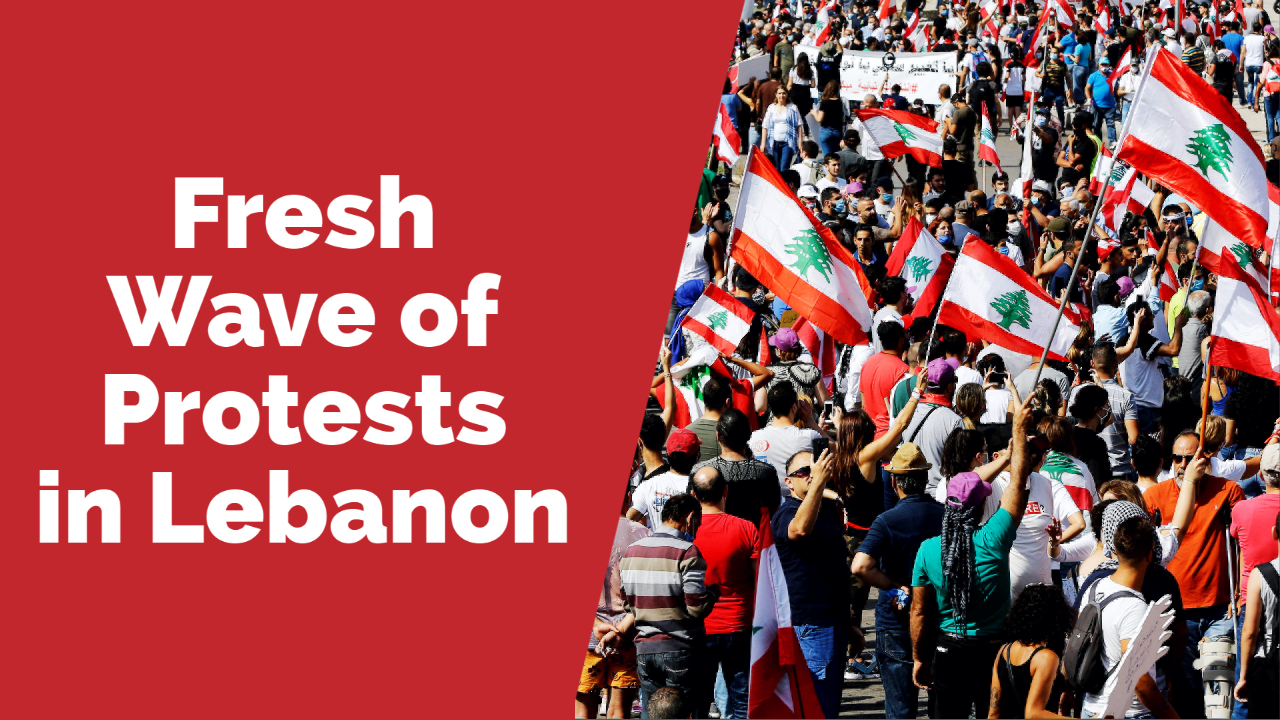 Lebanon’s people are demanding structural change
Lebanon’s people are demanding structural change
Bachir Nakhal of the Lebanese Communist Party analyses the recent protests in Lebanon in the aftermath of the relaxation of COVID-19-related restrictions. He explains the key demands raised by the protesters and how the left has been organizing during the COVID-19 crisis.
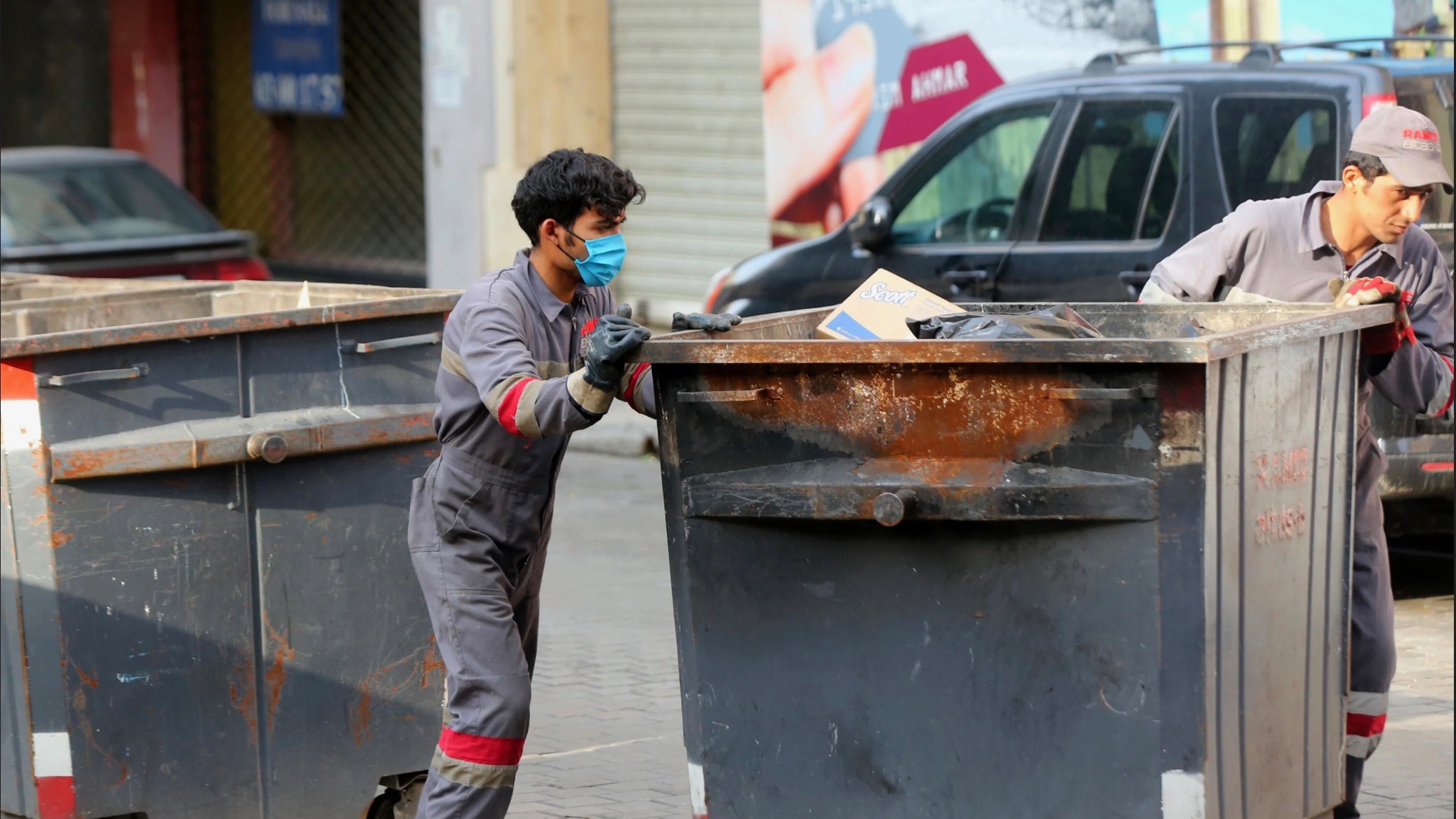 Migrant workers in Lebanon reach agreement with waste management company
Migrant workers in Lebanon reach agreement with waste management company
Approximately 400 migrant workers were on strike for weeks after management of the Lebanese waste management company, RAMCO, started cutting their wages and paying them in Lebanese pounds instead of the contractually obligated US dollar
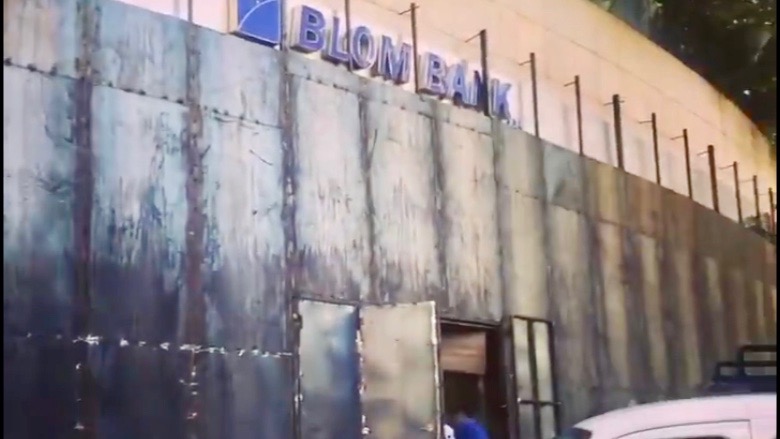 Lebanon reimposes lockdown after spike in COVID-19 cases
Lebanon reimposes lockdown after spike in COVID-19 cases
The country recorded over hundred fresh cases within three days this week. It had recorded zero new cases last week, which had led the government to relax lockdown norms imposed since March 15
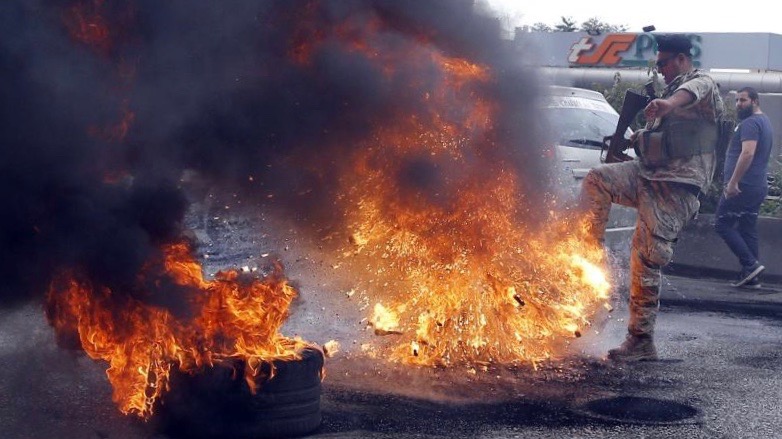 Protests erupt in Lebanon over collapsing economy
Protests erupt in Lebanon over collapsing economy
Thousands of Lebanese took to the streets on April 27, Monday, demanding revolution amid rising poverty, hunger, economic hardship and uncertainty, even as the government seems to turn a blind eye to the urgent issues plaguing the country


